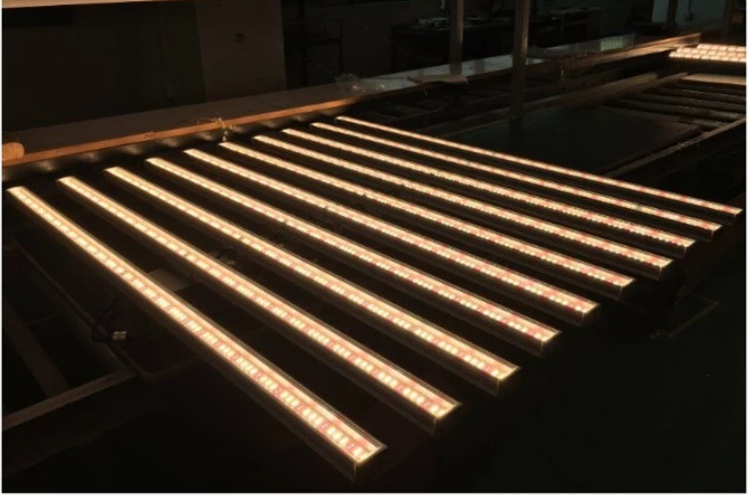Process engineering fuel alcohol dehydration new process research progress
Recently, the Institute of Process Engineering of the Chinese Academy of Sciences has made new progress in the research and development of a new process for the low-energy production of anhydrous fuel ethanol. The main research work is A new process for fuel ethanol dehydration based on modeling the phase equilibria of the anhydrous MgCl2+ ethanol + water system. Published in the International Journal of Chemical Industry AIChE Journal (2015, 61, 664-676). The development of today’s modern society relies too much on fossil fuels such as oil, coal and natural gas. These fossil energy sources are non-renewable. They also generate serious environmental problems during their use, such as the emission of carbon dioxide and sulfur dioxide. Therefore, there is an urgent need to find new alternative resources. Ethanol produced from biological materials such as cornstarch and sugar by biotechnology is a promising alternative to fossil fuels. Because fuel ethanol can be applied to existing fuel engines, it can be easily integrated into the fuel supply system and is now available. Large-scale application. At present, 10% of fuel ethanol (E10) is blended into US gasoline, and it is planned to increase the content to 15%. Reuters reported recently that the Brazilian government has stipulated that the current amount of fuel ethanol in gasoline should be increased from 25% to 27.5%. The production of fuel ethanol requires the further concentration and dehydration of the low concentration (<15%) ethanol obtained after the biological fermentation into absolute ethanol. Due to the existence of azeotropic point in the ethanol-water system and the relative volatility after the concentration exceeds azeotropic point, the relative volatility is equal to 1, which leads to 80% energy consumption of ethanol dehydration. This is the main bottleneck affecting the large-scale application of fuel ethanol. Researcher Li Zhibao and PhD student (graduated now) of the Green Process and Engineering Laboratory Zeng Yumu After years of experimental and theoretical research, he proposed a new process of ethanol dehydration based on magnesium chloride salt rectification technology (see the figure below). The experiment found that the addition of magnesium chloride can significantly increase the relative volatility of the ethanol-water system and facilitate recycling in the industry; by introducing the hydration reaction of Mg2+ ions, the vapor-liquid equilibrium thermodynamic model of this complex system was successfully established. By simulating the new process, it is expected to reduce energy consumption by about 30% compared to the molecular sieve method currently used in the United States. The above research work was supported by the National Natural Science Foundation of China (21476235 and 21206165), the "973" Plan (2013CB632605) and the Qinghai Science and Technology Agency Project (2012-G-213A).
LED Grow Light Bar 480W, with 8pcs high power grow bars, each head use samsung chip and meanwell driver, high power grow light works well for indoor plants and large scale growth.
Best Quantum Board Grow Light is a great ideal for all kinds of indoor garden plants: lettuce, orchid, organic herbs, pepper, strawberries, succulent, hydroponic, medical plants.
Grow Light Bar,Grow Led Bar ,Plant Light Bar,Led Bar Grow Shenzhen Wenyi Lighting Technology Co., Ltd , https://www.szwygrow.com
Whether it's hydroponics, plants in soil, you can add a touch of magic to every veg and flower with our grow lights.


